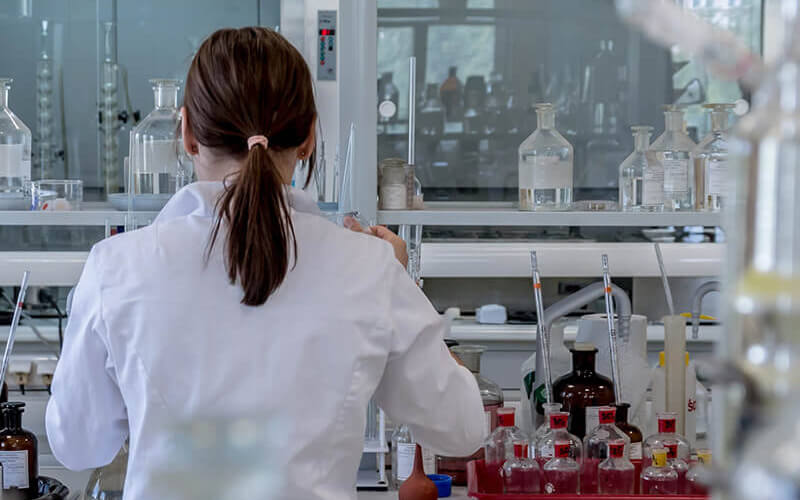Micropollutants in Water Requires New Technology
Take a look at the dangers of micropollutants in our water and how fighting the issue must be a combined effort by governments, businesses and consumers alike.
Take a look at the dangers of micropollutants in our water and how fighting the issue must be a combined effort by governments, businesses and consumers alike.
Fortunately, there are collaborative groups being set up in order to support the UK Government’s 25-year plan to improve the environment. The plan states, “This 25 Year Environment Plan sets out government action to help the natural world regain and retain good health. It aims to deliver cleaner air and water in our cities and rural landscapes, protect threatened species and provide richer wildlife habitats.”
Additionally, there is ongoing assessments of the possible immediate and long-term consequences of the presence of contaminants of emerging concern (micropollutants).
Water which has been inadequately treated and contains micropollutants has far reaching consequences; from antimicrobial resistance to population decreases in aquatic species and the bioaccumulation of micropollutants in the food chain.
It is clear that they could pose a variety of threats to the environment, human health and the viability of public/industrial wastewater reuse.

It’s safe to say that collaboration is required between industrial manufacturers, technology providers, domestic water users and water companies so that micropollutants in waterways and drinking water can be removed completely, or in the meantime, reduced to safer levels.
There is a partnership called RAPID (Regulators Alliance for Progressing Infrastructure Development) between the 3 key water regulators in the UK: The Environment Agency, The Drinking Water Inspectorate and OFWAT. Its aim is to encourage further collaboration and dynamically monitor how the efforts of joint working are progressing in-line with the 25-year plan.
The collaboration strives to improve regulation and remove barriers to help the water sector respond to long term water resource challenges. Movements like RAPID are what is required to make a tangible difference, and with more regulations introduced, manufacturers and utility companies alike will have no choice but to treat their water to higher levels.
RAPID just acts in the UK but similar water regulation alliances exist around the world.